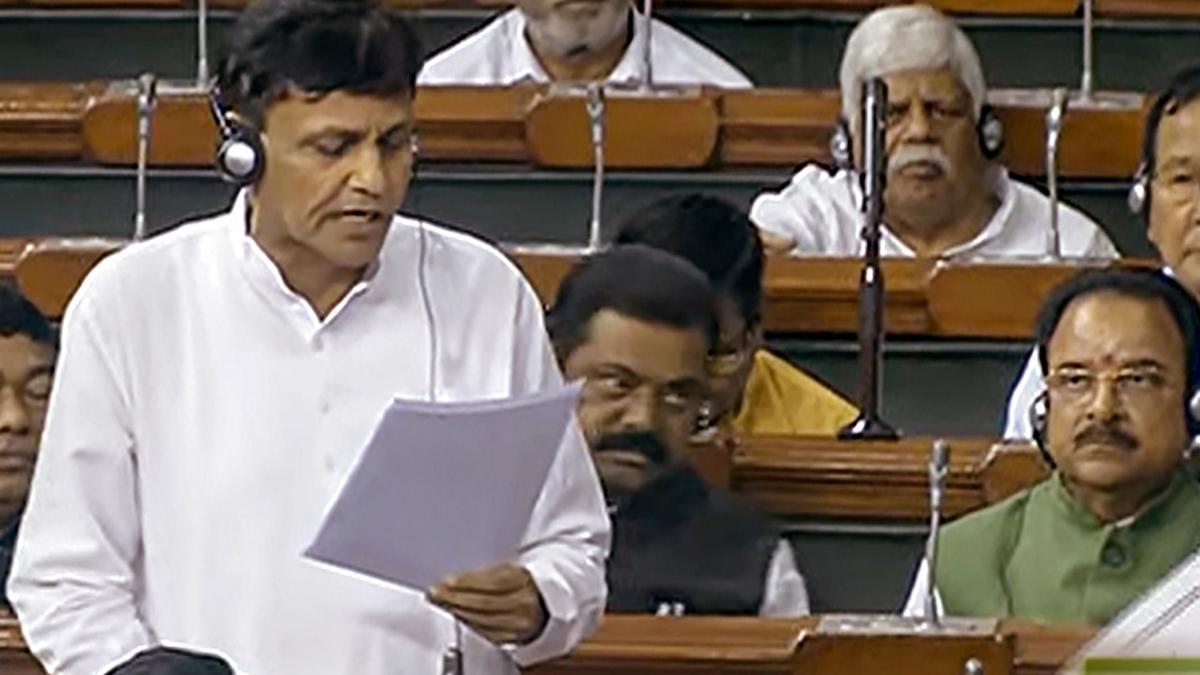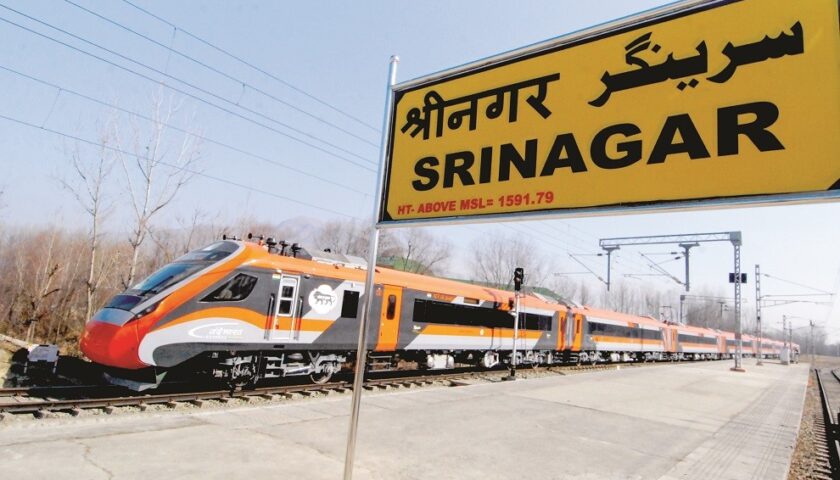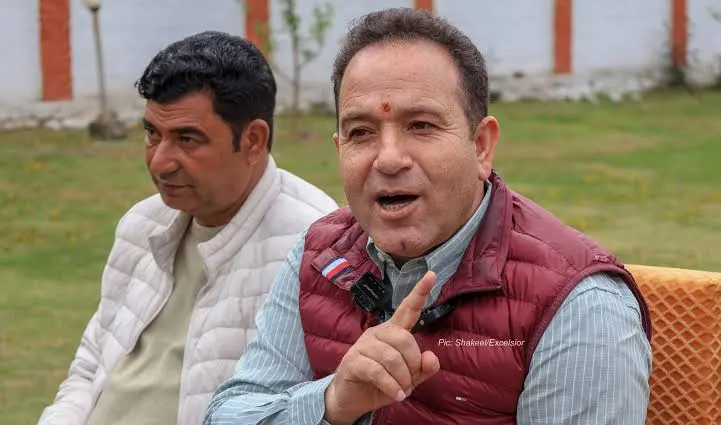-
Kashmir’s Sikh Community Demands Reservation in Assembly
The BJP on July 28 defended the move to reserve seats for Kashmiri Pandits and displaced residents of Pakistan-occupied Kashmir (PoK) in the Assembly of the Union Territory.
“The BJP has pledged to protect the rights of all the sections in J&K. The National Conference [NC] has blood on their hands. The Abdullahs, the Muftis, the Gandhis, are responsible for 1989. Mufti Muhammad Sayeed was Union Home Minister and Dr. Farooq Abdullah, Chief Minister, when Kashmir saw a mass migration of Pandits,” Tarun Chugh, national general secretary of the BJP, said in a video statement.
He said Kashmiri Pandits were threatened, their houses set on fire, and forced to leave the Valley in 1989. “Those responsible for their migration are raising questions now. Shouldn’t they [Pandits] get justice? Shouldn’t PoK residents, who stood for India, get representation? Those pushing Pakistani propaganda in J&K won’t succeed,” Mr. Chug said.
The BJP has also hailed the move to allow Shia Muharram procession on the traditional route in Srinagar after 33 years on Thursday. “This reflects the pledge made by Prime Minister Narendra Modi, Sabka Saath, Sabka Vishwas. All festivals in J&K, whether Amarnath Yatra, Janmashtami or Muharram are observed together. It’s a good decision to allow the Muharram procession, which has not been taking place for more than three decades,” Mr. Chug said.
The Centre has moved a Bill in the Parliament to reserve two seats for Kashmiri Pandits and one for PoK in the Assembly of the UT.
Meanwhile, the J&K Adarsh Sangram Party urged the intervention of Lieutenant-Governor Manoj Sinha to look into the cases of “illegal occupation of lands and properties of the Kashmiri Pandits in the Kashmir Valley”.
“L-G Sinha promised to remove the illegal possession of Kashmiri Hindus’ houses in Kashmir valley two years ago but has failed to address the grievances of the minority community till date for unknown reasons,” Inder Labroo, State president of the J&K Adarsh Sangram Party, said.
Meanwhile, the J&K Adarsh Sangram Party urged the intervention of Lieutenant-Governor Manoj Sinha to look into the cases of “illegal occupation of lands and properties of the Kashmiri Pandits in the Kashmir Valley”.
“L-G Sinha promised to remove the illegal possession of Kashmiri Hindus’ houses in Kashmir valley two years ago but has failed to address the grievances of the minority community till date for unknown reasons,” Inder Labroo, State president of the J&K Adarsh Sangram Party, said.
Meanwhile, Representatives of the Sikh community in Jammu and Kashmir (J&K) on Friday demanded that the community be included in the reservation bill scheduled to be tabled in the ongoing Parliament session.
Several members of the community, a minority in the union territory, said they would be forced to migrate from the region in the wake of shrinking opportunities in employment and the political landscape.
The Sikh leadership has also demanded reservation of two seats in the Assembly, which, they said, has been a long pending demand of the community, regarding which they have met with the Union home minister at least four times.
“The home minister has assured us that the minority Sikh community will also be given representation, but they have made an announcement in which we have been neglected,” Baldev Singh said during a presser in Srinagar.
Singh is the president of the prominent group All Sikh Gurdwara Prabhandhak Committee, Kashmir. Singh and other representatives, including from the district committees and United Kashmiri Sikh Progressive Forum, however, welcomed the government’s decision to reserve two seats for Kashmiri Pandits in the state Assembly.
With a population of over 1.75 lakh – which constitutes 1.50% of the total population of Jammu and Kashmir – the Sikh leadership said that the community had played a prominent role in building the nation but felt discriminated against due to the fresh decision.
The Bhartiya Janata Party (BJP) government is scheduled to table a bill in the ongoing monsoon session. If passed, three seats will be reserved in the J&K assembly – two for migrant Kashmiri Pandits and one for refugees from West Pakistan.
The members argued that the government had devised the mechanism for the representation of all communities like Kashmiri Pandits, Gujjars and Paharis by giving them reserved constituencies and even strengthened them by giving rehabilitation packages, job reservations, and Scheduled Tribe (ST) status. However, they felt, the Sikh community in Kashmir province have been “left out” despite having been dislocated in the 1990s.
“We were also compelled to move to towns and cities, leaving behind the estates and suffered socially, economically, and politically but did not leave the valley. But despite assurances, no policy for rehabilitation and compensation has been announced or formulated for us,” said Sikh Student Federation’s Harjeet Singh.
Singh added that despite the death of 35,000 Sikhs in 1949, no compensation was given for their losses. The Sikh leadership also urged other communities, members of the civil society, and regional political leadership of J&K to extend their support to the demand of Sikhs.
The Sikh groups had expressed similar dissatisfaction over excluding the Punjabi language from the J&K Official Languages Bill, terming it a “discriminatory move” against the minority community.
The community representatives also argued that the constituencies had been reorganised in such a “manner that no Sikh can even contest or win, leaving them politically insignificant”.




